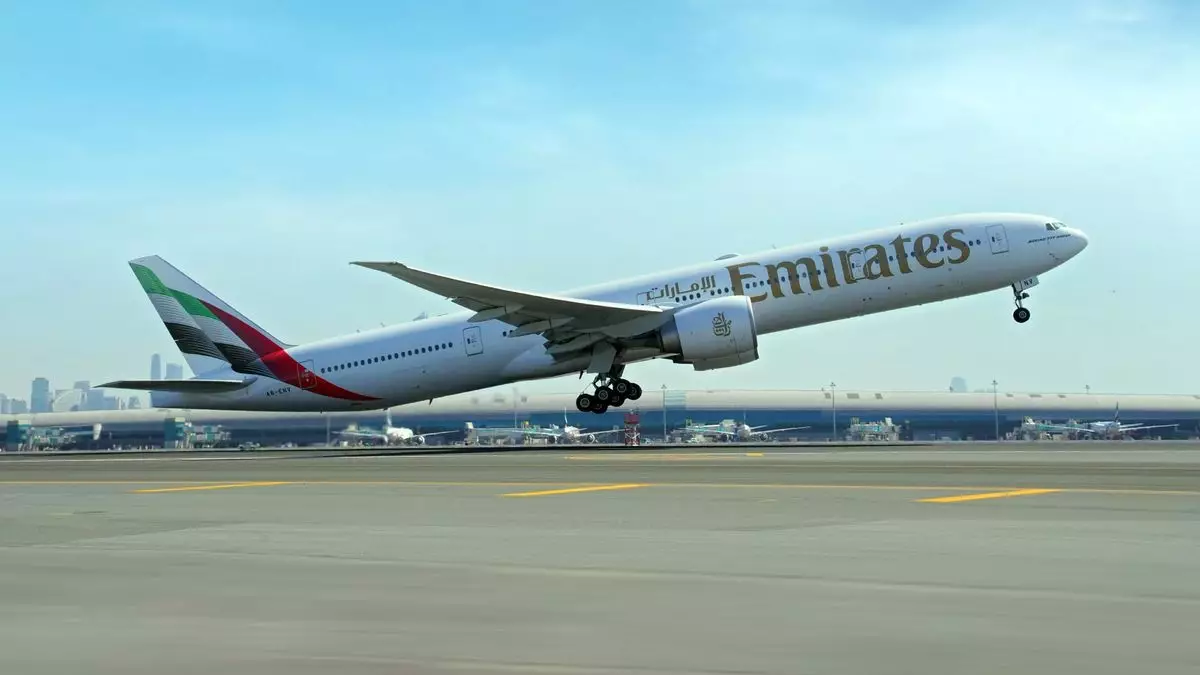The U.S. Department of Transportation recently imposed a hefty fine of $1.8 million on Emirates Airline for operating flights in prohibited airspace over Baghdad. This violation occurred during flights where Emirates had codeshares with JetBlue, taking place between December 2021 and August 2022. Specifically, the flights flew below the minimum altitude of 32,000 feet mandated for traversing through Baghdad airspace. This regulation not only applies to U.S. airlines but also to foreign carriers with U.S. airline codeshares, as outlined by the FAA.
Emirates Airline has adamantly denied any wrongdoing, stating that their flight plans were designed for operations above the restricted altitude. The airline claimed that they only descended below 32,000 feet under the direction of air traffic controllers due to emergency procedures. Additionally, Emirates emphasized their commitment to passenger safety, reinforcing their adherence to aviation protocols.
This incident is not the first time Emirates Airline has faced penalties for breaching airspace regulations. In 2020, the airline was fined $400,000 by the U.S. Department of Transportation for similar infractions related to flights with JetBlue codeshares over restricted areas near Iran. While the initial fine amount was substantial, Emirates was only required to pay $200,000 upon resolution of the case.
The imposition of fines by regulatory bodies underscores the seriousness of violating airspace regulations. Airlines must prioritize compliance with established safety protocols to ensure the well-being of passengers and regulatory adherence. The repeated infractions by Emirates Airline serve as a cautionary tale for the aviation industry, highlighting the dire consequences of neglecting airspace restrictions.
The $1.8 million fine imposed on Emirates Airline by the U.S. Department of Transportation serves as a significant reminder of the repercussions of disregarding airspace regulations. Airlines must remain vigilant in upholding safety standards and abiding by established protocols to maintain operational integrity and passenger trust. Emirates’ dispute with the allegations highlights the complexities of airspace management and the critical importance of stringent regulatory compliance in the aviation sector.


Leave a Reply